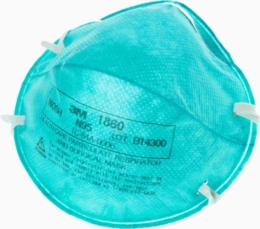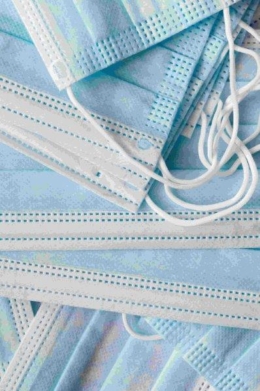Best Face Masks to Protect Against Coronavirus
The UK government has announced that members of the public should cover their face in public to help reduce the spread of coronavirus (COVID-19).


Written By Chemist Click
Reviewed By Pharmacist Abbas Kanani
Last updated on 19th May 2025 • 4 minute read



